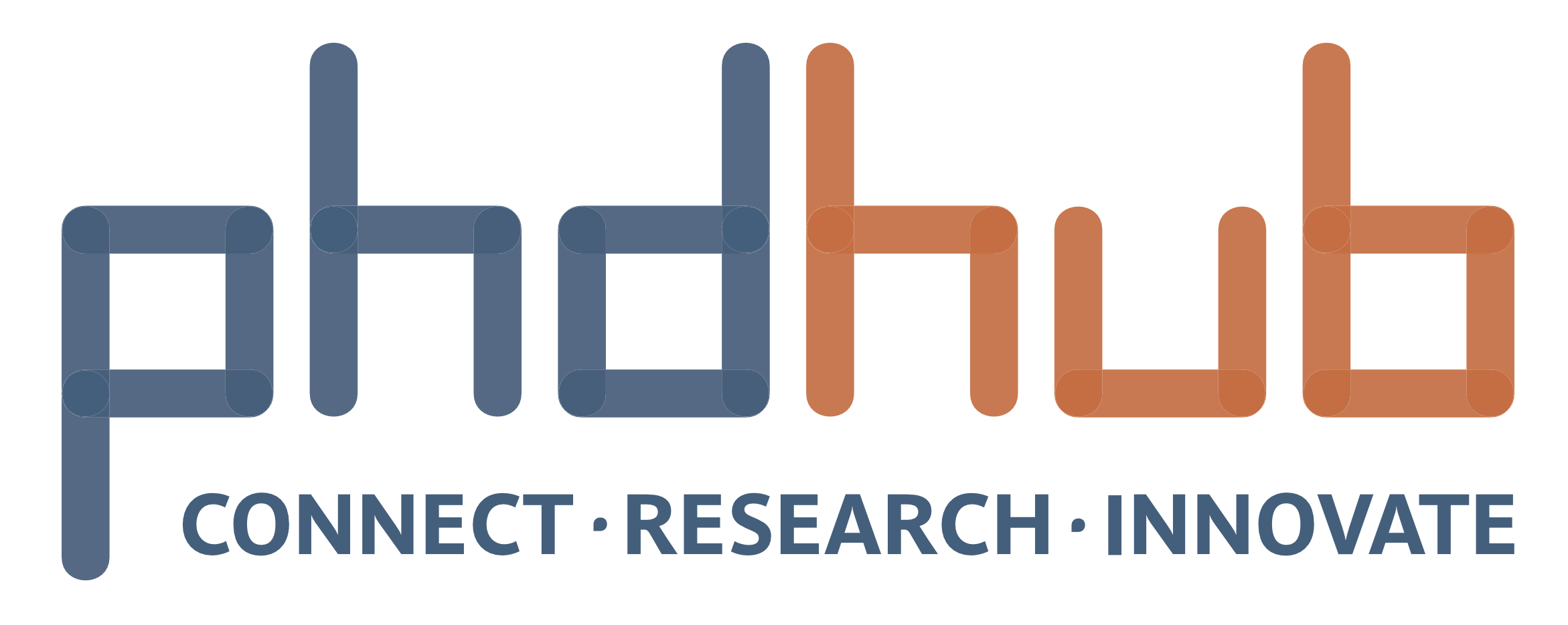-
Description of the research topic:
Intelligent data analysis and information management are performed by information systems called cognitive systems, dedicated for semantic interpretation of acquired business information. To interpret the meaning of the analysed data, complex linguistic algorithms must be used, based on which it is possible to find the core information elements for business processes forecasting and economical knowledge management. The methods of semantic data analysis in cognitive economy, which allow performing both local and global information management forms the main subject of research on cognitive information systems. Here, semantic analysis methods are dedicated to cognitive economics problems, namely the interpretation, analysis and assessment of the meaning of selected sets of economic/financial ratios. The meaning of the interpreted data sets is assessed by analysing the layers of meaning contained in data analysed sets. Obtained semantic information may be used in future business processes evaluation and forecasting.
Intelligent data analysis and information management tasks performed by advanced information systems are currently aimed at extracting information from broad data sets or even wider context like company environments, to determine the meaning of such data or information. Originally, intelligent data analysis was understood as computer or machine analysis. This led to the development of systems for automatic data extraction, analysis and management. The next step in the development of automatic data analysis systems was to look for solutions capable of recognising various forms of data (the analysis was most frequently applied to numerical data, text or visual information e.g. image data), whose operation would lead to the correct recognition of the analysed information sets. Enhancing the data understanding process by adding the stage of semantic data interpretation meant that the intelligent systems for information management now include data under-standing capabilities. As this class of systems was designed based on the cognitive and
reasoning processes occurring in human minds, which were applied in automatic/computer solutions, the systems were referred to as cognitive information systems. Cognitive systems constitute only a part of the entire discipline referred to as cognitive informatics or business intelligence. Its particular advantages consist of the constant linking of psychological/philosophical/neural subjects with informatics/linguistic and economics ones. The description of situations and processes occurring in human cognition constantly inspired researchers to develop new classes of cognitive information systems dedicated to solving various important and complex tasks. These were first developed for image data analysis, and later for analysing ratios and the economic situation of enterprises..
Cognitive analysis dedicated to the enterprise’s management process allows to:
- enhance management processes with respect to the speed of decision-taking,
- minimise the risk of taking the wrong decisions,
- correct the assumptions and conduct a new analysis process at any time,
- add to the data sets new information obtained (in the course of the process or after its completion).
Systems of cognitive analysis of economic and financial ratios are used to:
- support the processes of data analysis aimed at analysing enterprise situation (internal and external),
- assess the meaning of the analysed data sets,
- take optimum decisions in the analysis process,
- draw conclusions and understand the enterprises’ situation,
- moreover, based on the assessment of the importance of the analysed data’s meaning, they allow pointing to the directions of further development, the improvement of current situation of a complete change thereof.
Thesis supervisor: Bálint Molnár
How to Apply?
If you are interested apply here: [PhD] Doctoral School of Informatics – Eötvös Loránd University (elte.hu)
For more information visite the following website: Doctoral School of Informatics (elte.hu)
-
Funded: Not Funded
Master Degree: Required
Duration: 4 Years
Full/Part Time: Full Time
Starting Date: 06 September 2021
Deadline to Apply: 31 May 2021
-
Only local Hubs members can access this page. Join the community today: https://archive.phdhub.eu/register
Fields of Science:
Research Areas:

